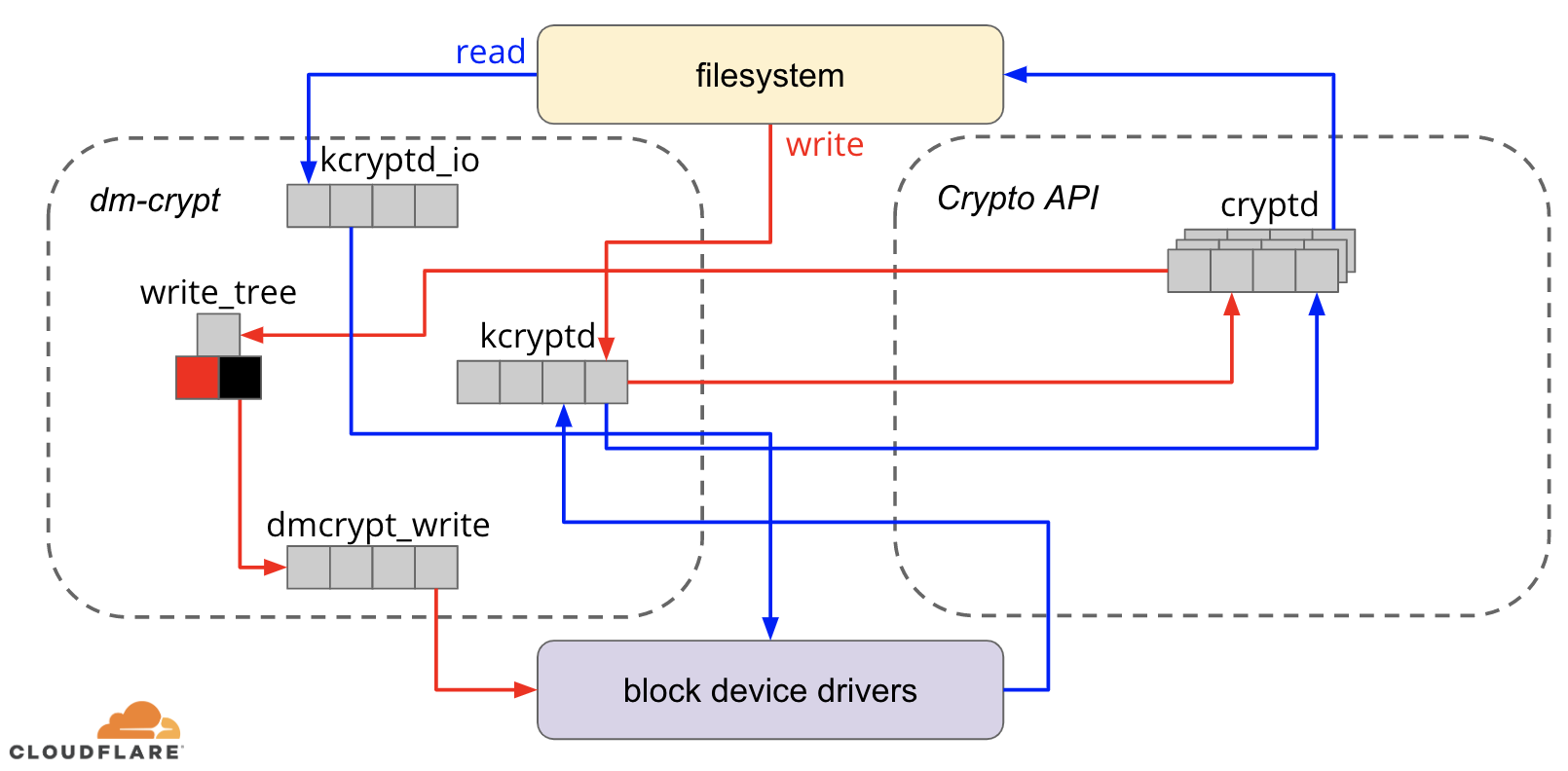Originally posted by anarki2
View Post
in their test fde reduced throughput from 1126 MB/s to 147 MB/s which is several times more than "halves"




Leave a comment: